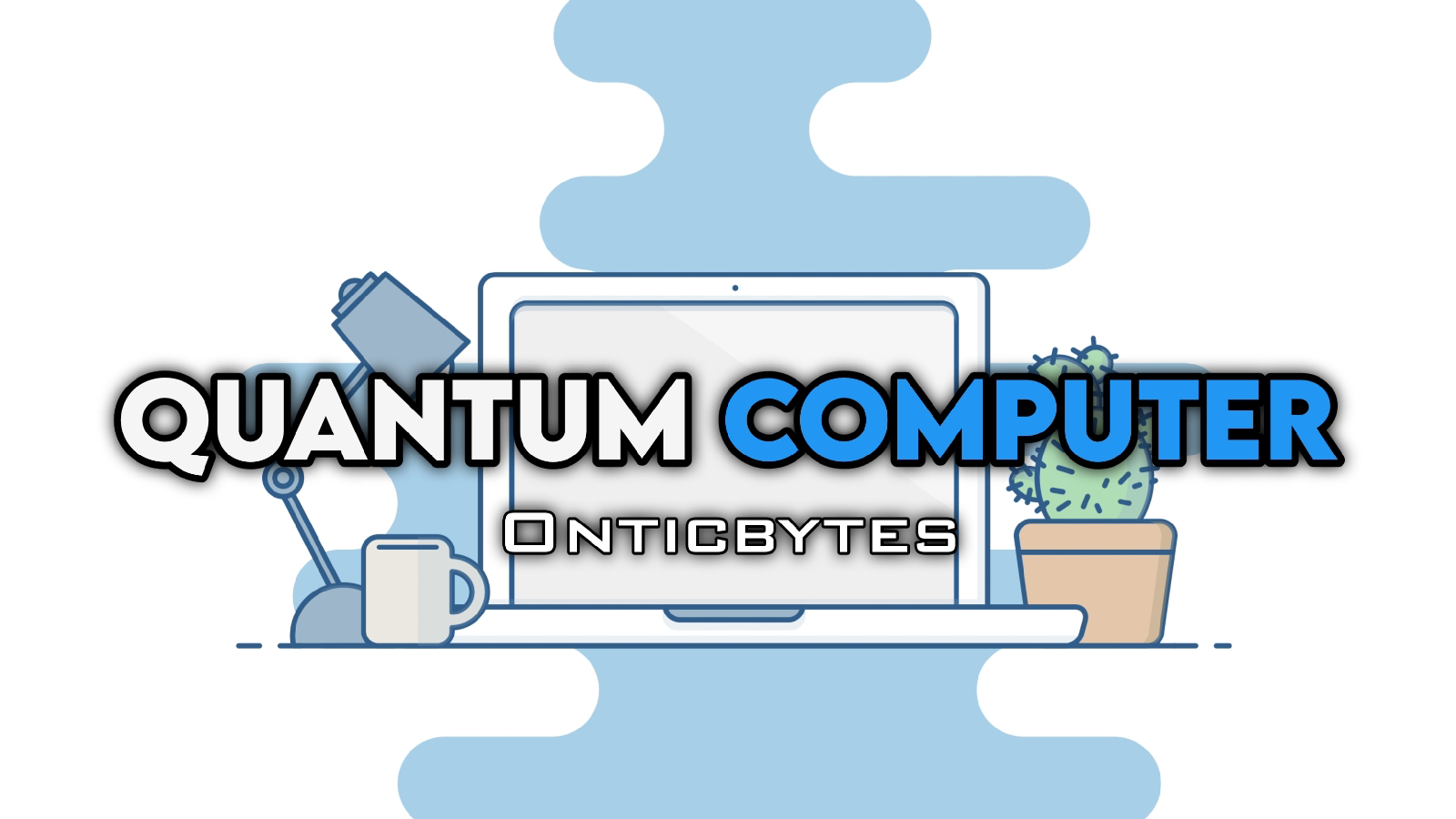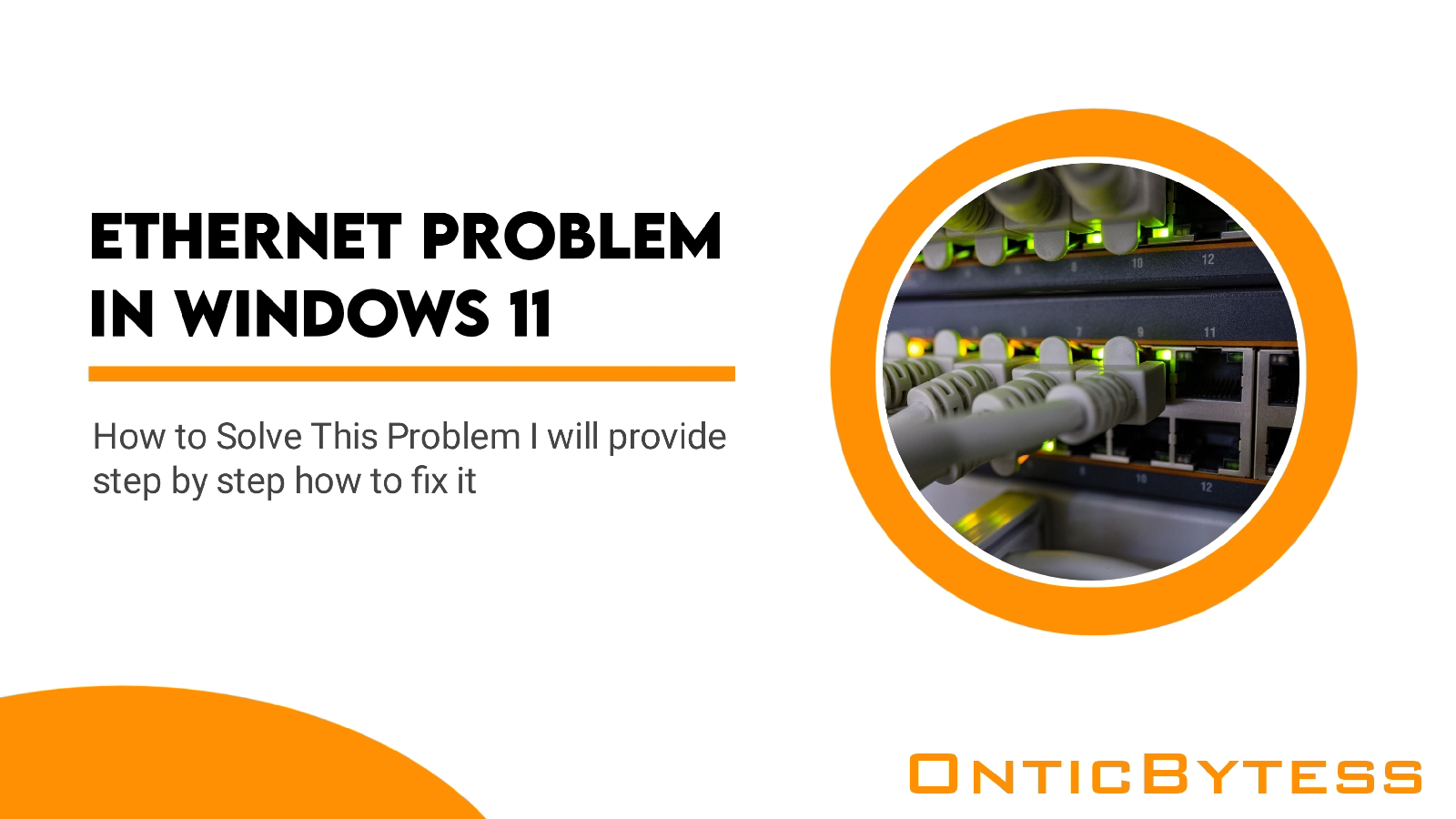What is a mortgage?
A mortgage is a type of loan used to purchase or refinance an asset, such as a home or a commercial building. The borrower (usually the owner) offers the property as security for the loan, which means that the lender (usually a bank or financial institution) has the right to seize the property if the borrower defaults.
Mortgages typically have fixed or adjustable interest rates and repayment terms ranging from 10 to 30 years. The borrower makes periodic payments to the lender, including principal (borrowed amount) and interest (borrowing cost). Over time, as the borrower makes payments, the equity in the property increases and eventually the mortgage is paid off. Types of mortgage loans
There are several types of mortgage loans, each with its own characteristics and advantages.
Here are some of the most common types of mortgages:
1. Fixed-rate mortgage loan:
A fixed-rate mortgage is a type of mortgage where the interest rate does not change over the life of the loan. This means the borrower's monthly payment remains the same, making it easy to budget for a mortgage payment.
2. Adjustable Rate Mortgage (ARM):
An adjustable-rate mortgage is a type of mortgage in which the interest rate changes over time. The initial interest rate is usually lower and can be adjusted periodically depending on market conditions.
3. FHA loan:
An FHA loan is a type of mortgage that is insured by the Federal Housing Administration (FHA). These loans typically require lower upfront payments and have more flexible eligibility criteria.
4. AV Ready:
A VA loan is a type of mortgage loan backed by the U.S. Department of Veterans Affairs (VA). These loans are for qualified veterans and typically require no upfront payment.
5. USDA Loan:
A USDA loan is a type of mortgage guaranteed by the United States Department of Agriculture (USDA). These loans are available to qualified borrowers in rural areas and typically require no upfront payments.
6. Huge loan:
A megaloan is a type of mortgage that exceeds the appropriate loan limit set by Fannie Mae and Freddie Mac. These loans typically have higher interest rates and stricter quality criteria.
7. Interest-only mortgages:
An interest-only mortgage is a type of mortgage where the borrower only pays interest on the loan for a certain period of time. After the end of the interest-only period, the borrower must also begin to repay the principal.
It is important to research and understand the different types of mortgages available and choose the one that best suits your financial situation and goals.
Here are some pros and cons of a mortgage:
Benefits :
1. Long-term investment:
A mortgage allows you to own an asset that can be a long-term investment, providing financial security and equity over time.
2. Tax benefits:
Interest paid on a mortgage is tax deductible, which can help reduce your taxable income.
3. Lower Interest Rates:
Mortgages typically have lower interest rates than other types of loans, making them a more affordable borrowing option.
4. Equity in your home:
As you pay off your mortgage, you increase the equity in your home, which can be used for other expenses or as collateral for other assets. other loans.
Defect:
1. High upfront costs:
Mortgages often require significant upfront costs, including upfront payments, closing costs, and other fees.
2. Risk of foreclosure:
If you are unable to pay your mortgage, the lender may seize your property, resulting in the loss of your investment.
3. Long-Term Commitments:
Mortgages are long-term commitments, typically lasting 15-30 years, which can limit your financial flexibility and require ongoing planning and budgeting.
4. Interest Costs:
While mortgages typically have lower interest rates than other types of loans, interest costs can still be substantial over the life of the loan, which adds up. common cost of ownership.
In general, a mortgage can be a useful financial tool to purchase or refinance a property, but it is essential to carefully consider the pros and cons and choose the option that best suits your situation. your financial shape and goals.
Conclusion
In a nutshell, a mortgage is a type of loan used to purchase or refinance an asset, such as a home or a commercial building. There are different types of mortgages, including fixed-rate mortgages, adjustable-rate mortgages, FHA loans, VA loans, USDA loans, giant loans, and interest-only mortgages. Each type of mortgage loan has its own unique characteristics and advantages, and it is essential to research and understand the different options available to choose the one that best suits your financial situation and goals. Friend.



